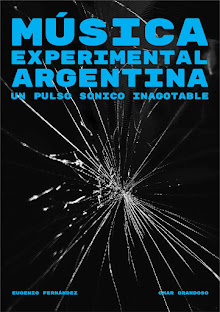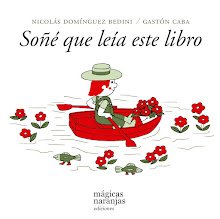Conocimiento del verano
Summer Knowledge // Summer knowledge is not the winter's truth, the truth of fall, / the autumn's fruition, vision and recognition: / It is not May knowledge, little and leafing and growing green, / blooming out and blossoming white, / It is not the knowing and the knowledge of the gold fall and / the ripened darkening vineyard, / Nor the black tormented, drenched and rainy knowledge of birth, / April, and travail, / The knowledge of the womb's convulsions, and the coiled cord's / raveled artery, severed and cut open, / as the root forces its way up from the dark loam: / The agony of the first knowledge of pain is worse than death, / or worse than the thought of death: / No poppy, no preparation, no initiation, no illusion, only / the beginning, so distant from all knowledge / and all conclusion, all indecision and all illusion. / Summer knowledge is green knowledge, country knowledge, / the knowledge of growing and the supply recognition/ of the fullness and the fatness and the roundness of ripeness. / It is bird knowledge and the knowing that trees possess when / The sap ascends to the leaf and the flower and the fruit, / Which the root never sees and the root believes in the darkness / and the ignorance of winter knowledge / —The knowledge of the fruit is not the knowledge possessed / by the root in its indomitable darkness of ambition / Which is the condition of belief beyond conception of / experience or the gratification of fruition / Summer knowledge is not picture knowledge, nor is it the / knowledge of lore and learning. / It is not the knowledge known from the mountain's height, it / is not the garden's view of the distant mountains of hidden fountains; / It is not the still vision in a gold frame, it is not the / measured and treasured sentences of sentiments / It is cat knowledge, deer knowledge, the knowledge of the / full-grown foliage, of the snowy blossom and the rounding fruit. / It is the phoenix knowledge of the wine and grap near / summer's end, when the grape swells and the apple reddens: / It is the knowledge of the ripening apple when it moves to the / fullness of the time of falling to rottenness and death. / For summer knowledge is the knowledge of death as birth, / Of death as the soil of all abounding flowering flaring rebirth. / it is the knowledge of the truth of love and the truth of growing: / it is the knowledge before and after knowledge: / For, in a way, summer knowledge is not knowledge at all: it is / second nature, first nature fulfilled, a new birth / and a new death for rebirth, soaring and rising out / of the flames of turning October, burning November, / the towering and falling fires, growing more and / more vivid and tall / In the consummation and the annihilation of the blaze of fall.
De Delmore Schwartz Conocimiento del verano y otros poemas (2023. Argentina: Huesos de Jibia. Traducción de Daniela Camozzi y Wálter Cassara. Prólogo de Wálter Cassara.)
































No hay comentarios:
Publicar un comentario